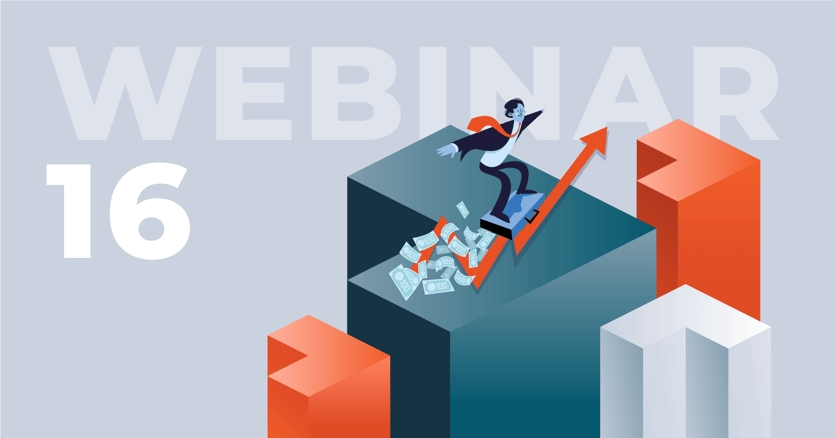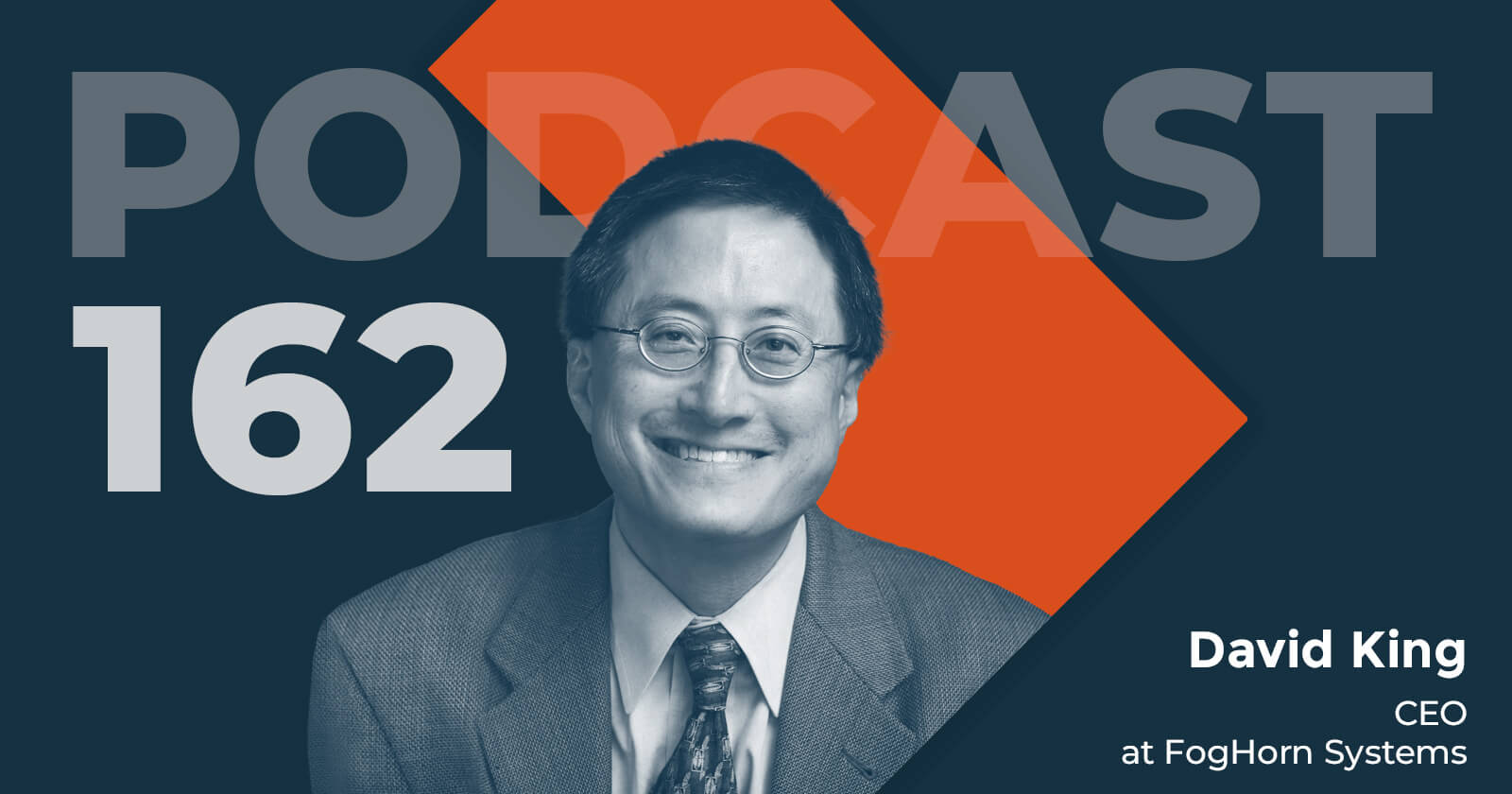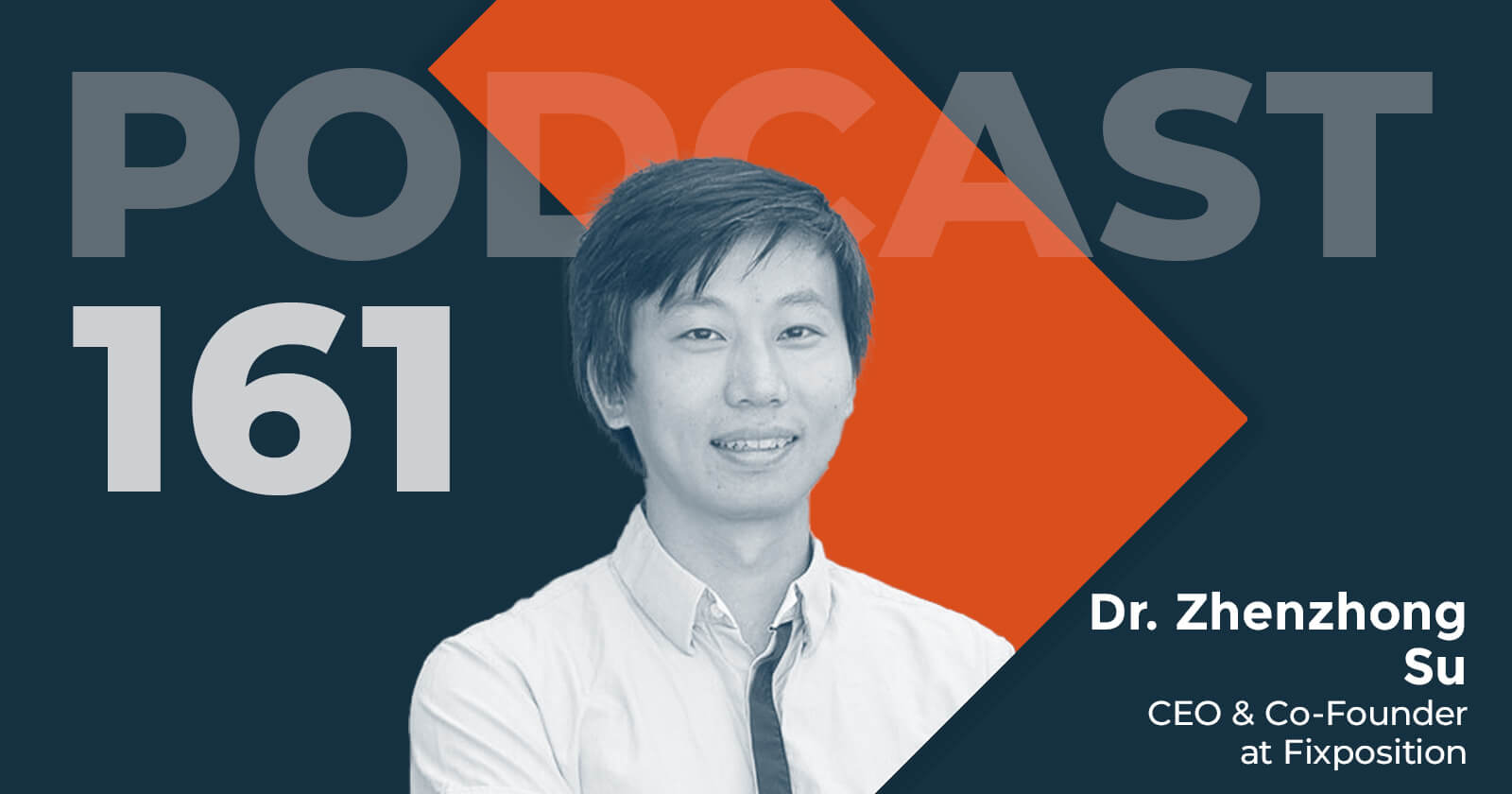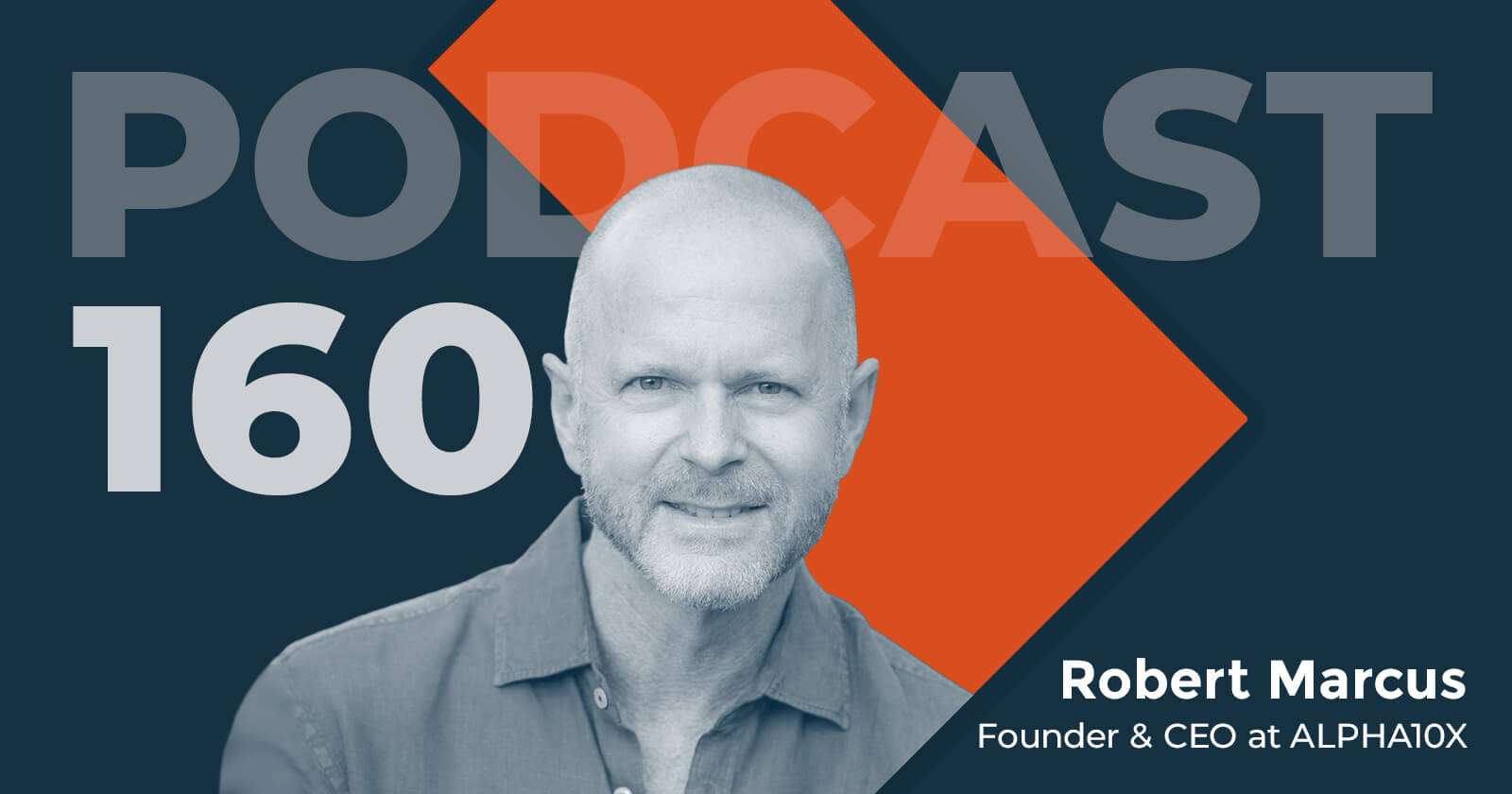How Data Monetization is Creating a New Economy for Connected Industry
Ken Forster

Other offerings such as Samsung Artik, Dawex, and
Comparatively, many emerging marketplaces are using blockchain (and related) technologies to facilitate a means to buy and sell data. The key benefits posited are the ability to make micro-payments at extremely low cost via efficient payment methods and immutable records of data transactions. One example is Streamr who are creating a decentralized means for just about anyone to buy and sell data. Their open source platform allows data owners to easily connect to the peer-to-peer network and stream their data and uses blockchain smart contracts and tokens to facilitate transactions and incentivize data exchange respectively. As they note:
"Your automobile will soon be producing data about congestion, road quality, and mechanical feedback. If you choose, this can all be sold to highways agencies, fellow drivers, parts manufacturers, and operators who can use it to make automated road repairs,
A similar offering, DataBroker by Data Dao will be deployed on the main net of Ethereum in July. Their plan is to include diverse data such as weather services and forecasting, enabling modeling and analytics. One of their first use cases involved data from shipping containers from the Port of Antwerp – If insurers were able to buy data around temperature, and discover for instance when the temperature control failed on a ship, they would know when things went wrong and appropriately manage a claim.
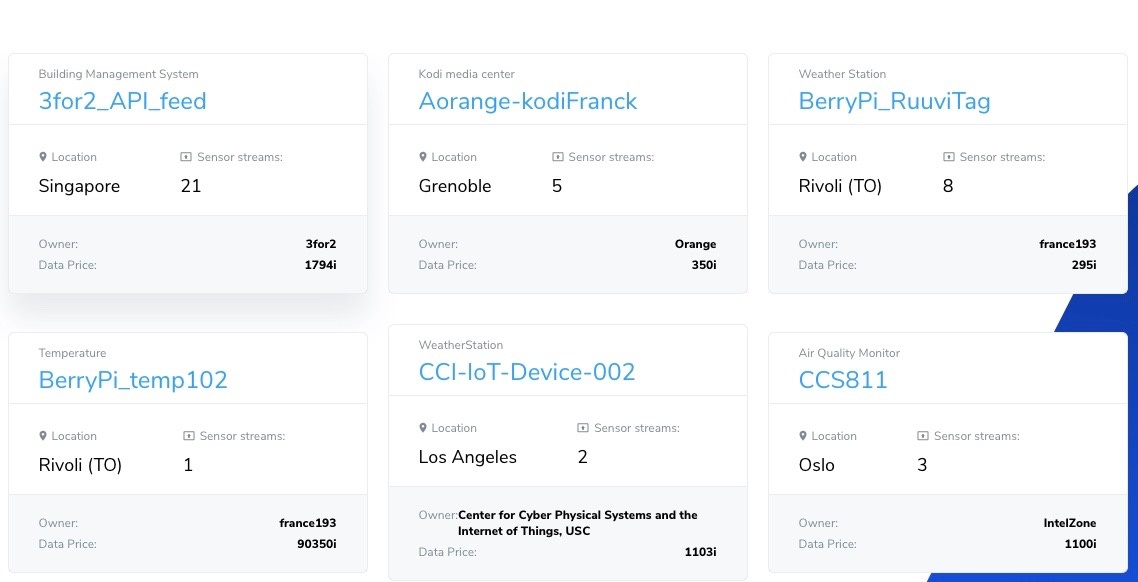
Image from IOTA data marketplace
Then, of course, there's the envy of many who wished they got there first, IOTA with their data marketplace, launched in November 2017. They contend that their public Distributed Ledger architecture in opposition to the Blockchain (known as Tangle) ensures data authenticity and an audit trail of data as their Ledger enables tamper-proof data.
What's interesting is to see how different companies are aligning themselves with various solutions.
The evolutionary journey is slow and cautious with more questions than real answers
Notably, none of these blockchain related offerings have started actual trading, having all been in pilot mode for an extended period of time. This means we've had plenty of time to ponder and generate questions:
- How will the data marketplaces compare with each other?
- How will each leverage their competitive advantage?
- What happens to a company's data if an exchange is closed or sold to another competitor?
- Can data be on-sold after the original purchase to a nefarious third-party (presumably something the blockchain embedded marketplaces are claiming to prevent
- What if a data marketplace is hacked?
- How many data marketplaces will proliferate? Hopefully, it's won't be as onerous and the proliferation of competing IoT platforms.
With is clear is that we're at the very cusp of IoT providing a new economy stream of revenue through data

Register for our upcoming webinar, where Partners from Momenta's Ventures group will be sharing their investment strategies, insights and practitioner's perspective on the market, trends and on what to consider when investing in Connected Industry for a new economy and Data Monetization.

Momenta Partners encompasses leading Strategic Advisory, Executive Search, and Investment practices. We’re the guiding hand behind leading industrials’ IoT strategies, over 100 IoT leadership placements, and 17+ young IoT disruptors. Schedule a free consultation to learn more about our Connected Industry practice.

